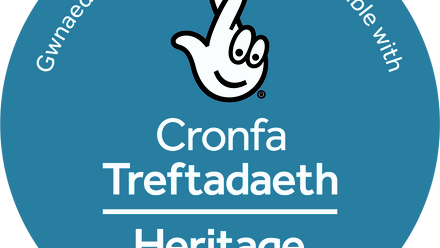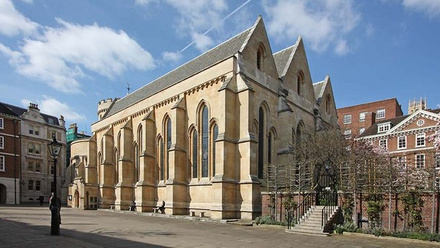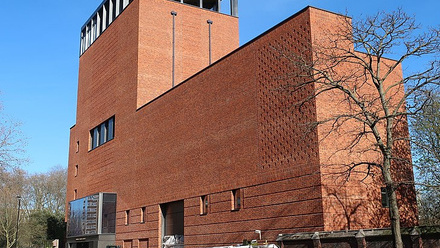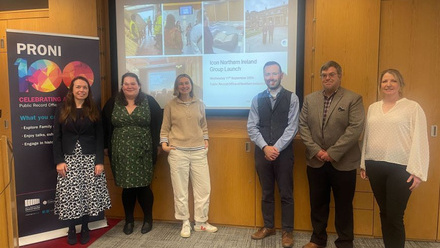Despite the explosion of online opportunities and digital engagement during the lockdowns the fundamental desire for the authentic experience of gazing at original artworks, admiring objects, and visiting historic places remains strong. Studies have shown that being permitted to touch historical objects, for example through museum handling sessions, fosters a sense of privilege and responsibility. This has been linked to building positive feelings of personal value and self-worth. Local museums and heritage centres are therefore vitally important to ensure that everyone has access to well cared for, thought-provoking, and life-affirming collections – on their doorstep.
Local museums matter
Much of the nation’s cultural heritage is held in trust by smaller organisations, including regional museums and galleries. These much-loved and valuable institutions share the national responsibility to safeguard our cultural heritage even though many are run by volunteers or hard-pressed local authorities. Such places need ongoing support to keep the doors open and the lights on. We also need to invest in conservation skills so that the collections they hold can continue to be enjoyed by present and future generations. It is essential that collections care is adequately resourced so that we all have access to the tangible evidence of our past, regardless of where we live.
Why does this matter? Because conservation helps us understand ourselves and the world around us, which in turn helps us make better decisions about our future as we learn valuable lessons from our past. The benefits to society are far-reaching:
- Conservation supports diversity and inclusion: objects that are fully representative of the UK’s heritage can be conserved, displayed and interpreted.
- Conservation extends the lives of objects and show us how to care for our possessions, encouraging sustainability and countering a throwaway culture.
- Conservation enables a broader range of objects to be put on display, offering the potential to increase visits to heritage sites and museums.
- Conservation can help us live healthier and happier lives through creating opportunities to experience cultural heritage in meaningful ways.
Conservation is a core element of the work of cultural and heritage institutions – both large and small – and is one of three pillars that support the care of collections, alongside our fellow professionals in the curatorial and collections management disciplines. Each pillar offers distinct skills and brings a wealth of professional knowledge, expertise and judgement that can be harnessed to support positive outcomes in local places. Together we offer up our professional skills to identify, develop and implement new means of access and engagement that will help to build a stronger and brighter future for cultural heritage in the parts of the UK that need it most.
An investment in the future
Icon believes that conservation and collections care professionals have a role to play in delivering the levelling-up agenda but we need to ensure that there are sufficient skills and capacity within our local institutions. While the major institutions play a key leadership role, we still need to champion good practice and nurture high professional standards in regional and local museums. The fragile regional ecosystems of small conservation businesses also need to be supported, otherwise clients will find it increasingly difficult to source suitable professionals to undertake conservation projects. And lastly, we need to train the next generation of conservators to ensure the continuity of specialist knowledge and expertise.
Investing in conservation demonstrates that we care about our cultural heritage and that we welcome our duty to be responsible custodians. But it offers much more than simply safeguarding the past. Conservation is forward-looking and creative. Investing in conservation will support people and the heritage they care about as we embrace our post-COVID future.
Originally published by The Heritage Alliance as part of the 2021 Heritage Debate on the topic: Levelling Up: What Does it Mean for Heritage?






